Overview of UK biting insects
We’re here to give you the complete guide on UK biting insects, and what you can do to identify them. Here we are going to cover the most common British biting insects, and how you can recognise their bites.
Plus, see where you might find these insects that bite in the UK by reading about their favourite habitats and hotspots. British biting insects identification starts with where you can find the insect, and what the bite looks like.
So who are the main culprits who are going to love to take a bite out of you? Will it be the biting flies UK, or the mosquitoes buzzing round your bedroom? Let’s take a look at the insects that bite, from mosquitoes and ticks to midges and stable flies.
Mosquitoes
These UK biting insects pack a real punch, and are a nuisance mainly when the weather is warm but damp. Mosquitoes will usually be buzzing around from April, then annoy us all summer long for about 6 months.
Mosquitoes love the warm, and damp places like lakes and ponds are a huge hotspot for mosquitoes. A great piece of advice if you plan on going camping or picnicking when the weather is warm is to avoid any areas where there’s water.
When you are bitten by a mosquito, it will be a soft bump on the skin that is red/pink, and is incredibly itchy. These symptoms can last up to 48 hours after you’ve been bitten. However, there are some ways you can avoid being bitten by mosquitoes:
- Use mosquito repellent when you feel mosquitoes may be present
- Mosquitoes are most active at dawn and dusk, so be careful around standing water at these times
- Keep windows closed if you know there are mosquitoes around your property, or why not fit mosquito nets to the windows? Modern caravans are fitted with mosquito nets, so it makes sense to do the same in your home. Let in fresh air without the bugs!
- Cover up your skin
Ticks
Ticks are incredibly dangerous to be bitten by, because they can transmit diseases like Lyme Disease. In our UK countryside and rural areas, the ticks have a very well established population. And they are on the increase, according to experts.
Any area that has dense vegetation, thick and tall grass or dense woodland is the perfect habitat for ticks. If you have pets, you should make sure they avoid these areas to stop ticks from biting them.
When ticks bite, they draw blood and normally remain attached to your skin after they bite you. This is why most of the time, you realise you’ve been bitten by a tick (and not another pest that they are often confused with) because it’s still attached to your body. A tick left alone for several weeks will become engorged and will usually detach itself and fall off.
To avoid being bitten by ticks:
- Steer clear of dense wooded areas and undergrowth which are real tick hotspots
- If you are going into these types of areas, cover up with long clothing and tuck your trousers into your socks
- When you know you’ve been in a tick hotspot, make sure to check your body
- Ticks should be removed carefully and immediately with a tick remover
Midges
Midges or gnats give a really painful bite. As well as the bite, the area normally becomes very itchy and then gets very swollen. Midges use carbon dioxide to find someone to bite. Our summer evenings are often plagued by midges. Especially if the day has been damp and cloudy.
Much like other UK biting insects such as mosquitoes, midges love wet ground and often appear most at dawn and dusk. They buzz annoyingly around our heads and then swoop in for the bite when we aren’t looking. So you can avoid being bitten by midges by:
- Using insect repellent
- Covering your skin at dawn and dusk when midges are most active
- Midges pick up carbon dioxide from quite far away, so make sure you use plenty of insect repellent if you are doing physical activities
Horse Flies
Looking very much like the common house flies, horse (or stable) flies are also known as biting flies. They also suck blood from us when they bite. You will find stable flies around any farm or livestock, including stables, and you need to practice good fly control. The animal manure and wet straw are the perfect combination for these UK biting insects to make their breeding ground.
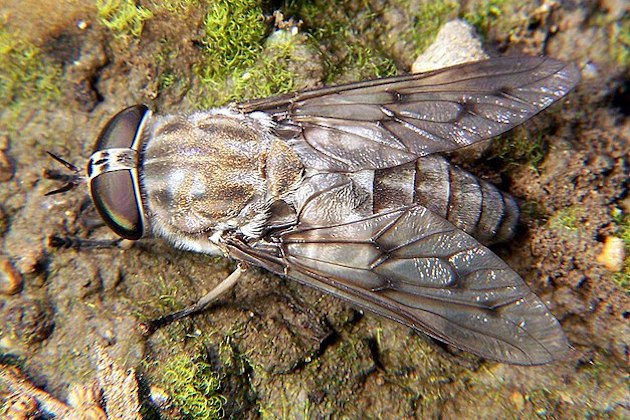
Horse flies can really deliver a painful bite that often feels like a needle. And they won’t stop at just one bite either. They are very persistent and love to nip at your ankles. You can avoid being bitten by stable flies with these tips:
- If you own a horse or work with livestock, try and keep manure and wet straw to a minimum to stop stable flies from breeding
- Use insect repellents to stop any bites
Don’t forget that we offer professional pest control and can help you with any insect problems on your property.


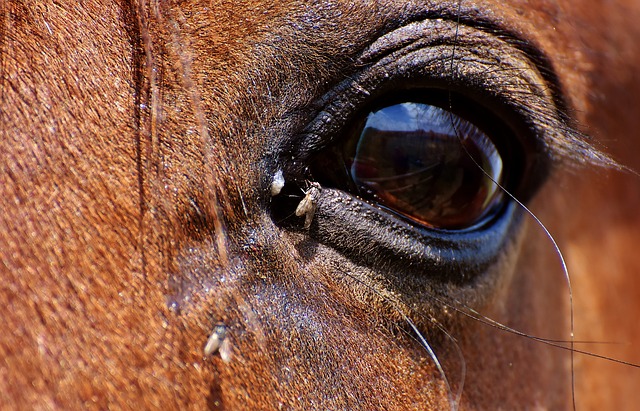
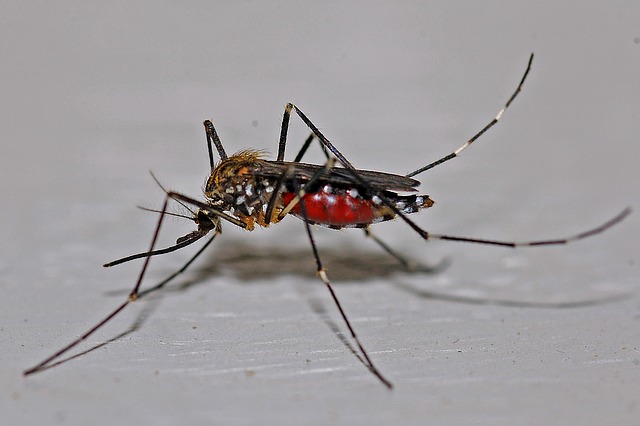
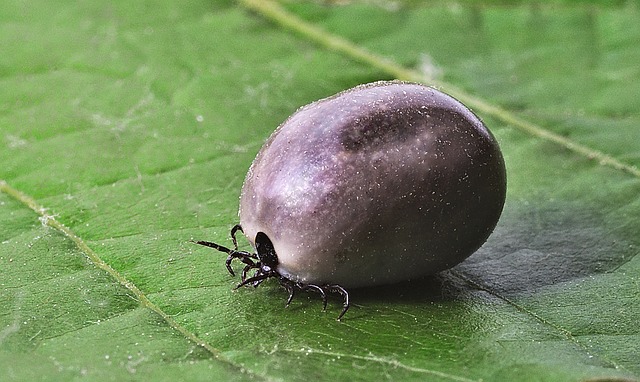
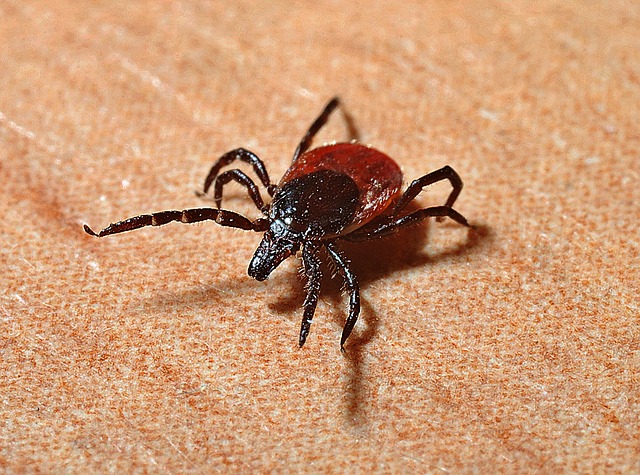
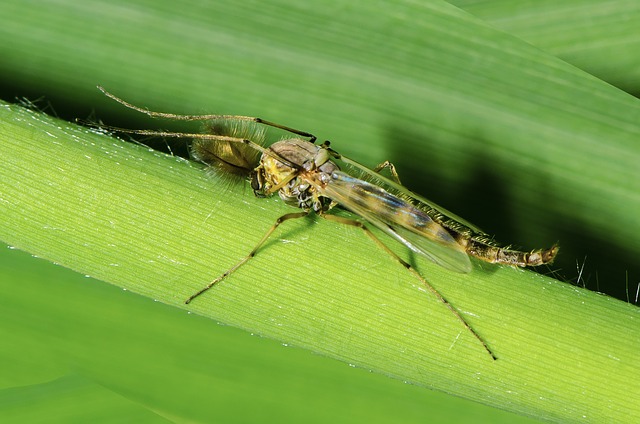

Leave a Reply